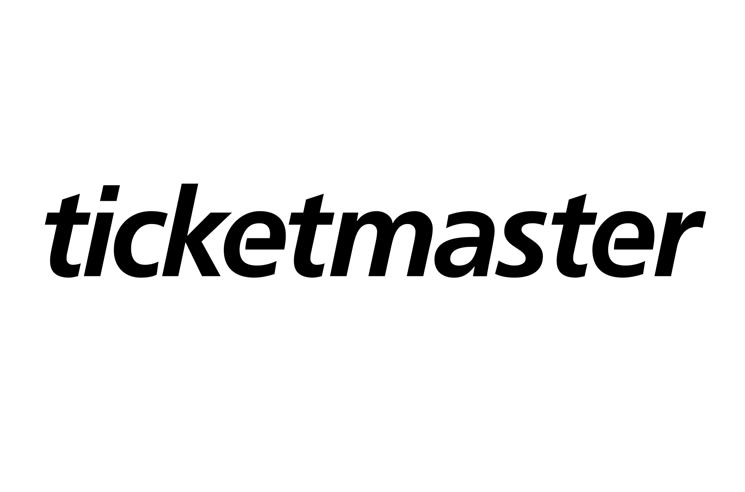A joint investigation between CBC News and the Toronto Star has revealed that Ticketmaster recruits professional scalpers who cheat the company's own system to expand its resale business.
In July of this year, the news outlets sent a pair of reporters undercover to Ticket Summit 2018, a ticketing and live entertainment convention in Las Vegas. It was there that they discovered that Ticketmaster has developed a professional reseller program and a web-based inventory management system for resellers named TradeDesk.
Through the platform, scalpers are able to resell their tickets through a platform that gives a cut of the resale fee back to the company. The system allows users to raise or drop prices based on their own assessment of demand.
At the event, Ticketmaster representatives told the reporters that the company's resale division doesn't concern itself with scalpers who use ticket-buying bots and fake identities to snatch up stubs to resell at inflated prices. "I have brokers that have literally a couple of hundred accounts," one sales representative said. "It's not something that we look at or report."
The news outlets report that Ticketmaster does not mention TradeDesk or the reseller program on their website or in corporate reports. To access the TradeDesk website, a user must first send a registration request.
A presenter said the company's resale division does not police TradeDesk users using bots and fake identities to skirt ticket buying limits, despite having a "buyer abuse" division charged with monitoring suspicious online activity and the act being in direct violation of the company's terms of use.
"If you want to get a good show and the ticket limit is six or eight... you're not going to make a living on six or eight tickets," the presenter told the undercover reporters. "We don't share reports, we don't share names, we don't share account information with the primary site. Period."
A different Ticketmaster employee delivered the same message when demonstrating TradeDesk during an online video conference in March.
"We've spent millions of dollars on this tool. The last thing we'd want to do is get brokers caught up to where they can't sell inventory with us," he said. "We're not trying to build a better mousetrap."
The Ticketmaster employee from the March video conference told the news outlets that 100 scalpers in North America use TradeDesk to move between a few thousand and several million tickets each year, adding, "I think out biggest broker right now has probably grabbed around five million."
In a statement to CBC News and the Star, Ticketmaster made no mention of the scalping program or its TradeDesk recruitment presentation.
"As the world's leading ticketing platform, representing thousands of teams, artists and venues, we believe it is our job to offer a marketplace that provides a safe and fair place for fans to shop, buy and sell tickets in both the primary and secondary markets," senior vice-president of communications Catherine Martin wrote.
In July of this year, the news outlets sent a pair of reporters undercover to Ticket Summit 2018, a ticketing and live entertainment convention in Las Vegas. It was there that they discovered that Ticketmaster has developed a professional reseller program and a web-based inventory management system for resellers named TradeDesk.
Through the platform, scalpers are able to resell their tickets through a platform that gives a cut of the resale fee back to the company. The system allows users to raise or drop prices based on their own assessment of demand.
At the event, Ticketmaster representatives told the reporters that the company's resale division doesn't concern itself with scalpers who use ticket-buying bots and fake identities to snatch up stubs to resell at inflated prices. "I have brokers that have literally a couple of hundred accounts," one sales representative said. "It's not something that we look at or report."
The news outlets report that Ticketmaster does not mention TradeDesk or the reseller program on their website or in corporate reports. To access the TradeDesk website, a user must first send a registration request.
A presenter said the company's resale division does not police TradeDesk users using bots and fake identities to skirt ticket buying limits, despite having a "buyer abuse" division charged with monitoring suspicious online activity and the act being in direct violation of the company's terms of use.
"If you want to get a good show and the ticket limit is six or eight... you're not going to make a living on six or eight tickets," the presenter told the undercover reporters. "We don't share reports, we don't share names, we don't share account information with the primary site. Period."
A different Ticketmaster employee delivered the same message when demonstrating TradeDesk during an online video conference in March.
"We've spent millions of dollars on this tool. The last thing we'd want to do is get brokers caught up to where they can't sell inventory with us," he said. "We're not trying to build a better mousetrap."
The Ticketmaster employee from the March video conference told the news outlets that 100 scalpers in North America use TradeDesk to move between a few thousand and several million tickets each year, adding, "I think out biggest broker right now has probably grabbed around five million."
In a statement to CBC News and the Star, Ticketmaster made no mention of the scalping program or its TradeDesk recruitment presentation.
"As the world's leading ticketing platform, representing thousands of teams, artists and venues, we believe it is our job to offer a marketplace that provides a safe and fair place for fans to shop, buy and sell tickets in both the primary and secondary markets," senior vice-president of communications Catherine Martin wrote.
